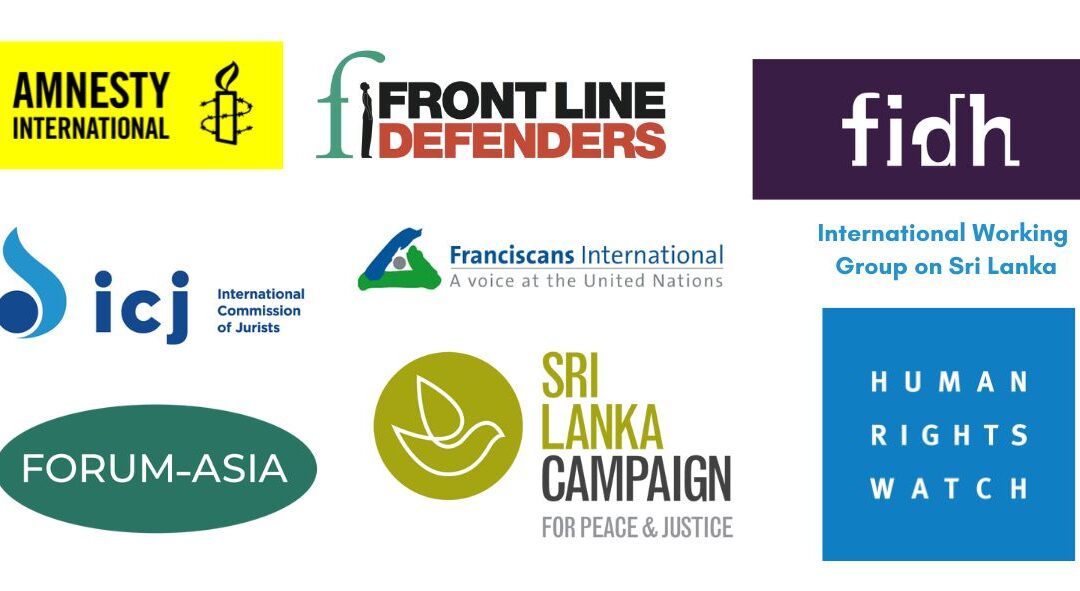
Sep 4, 2023 | News
We, nine international human rights organizations, have grave reservations about the Sri Lankan government’s proposed National Unity and Reconciliation Commission. Our concerns echo many of those already raised by victims of conflict-related abuses and their families. Sri Lanka has a long history of convening similar bodies, none of which has provided justice, truth or reparation to the many people who have engaged with them. The latest initiative risks repeating the mistakes of the past, exposing victims to renewed security threats and re-traumatization without any realistic chance of a different outcome. There have not been any genuine confidence-building measures, or steps to ensure a safe and conducive environment for such a commission to function effectively.
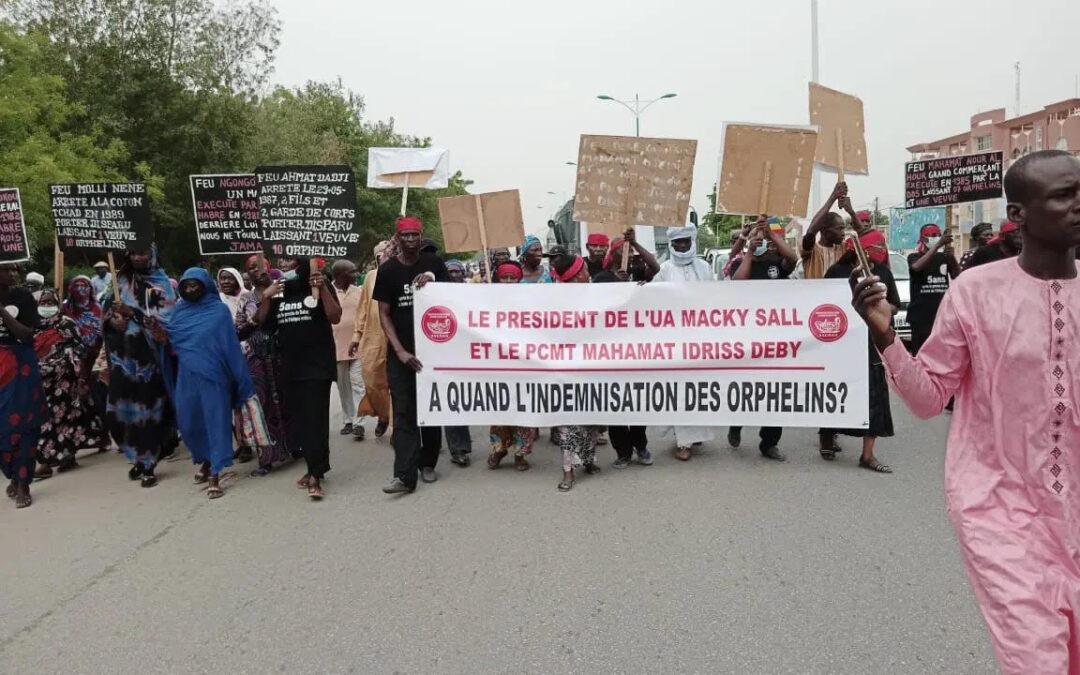
May 26, 2023 | News
The victims of the late Chadian President Hissène Habré have yet to receive court-ordered reparations, seven years after his landmark conviction in Senegal in 2016, seven Chadian and international organizations said today. Just days before the anniversary, two more victims’ leaders passed away.
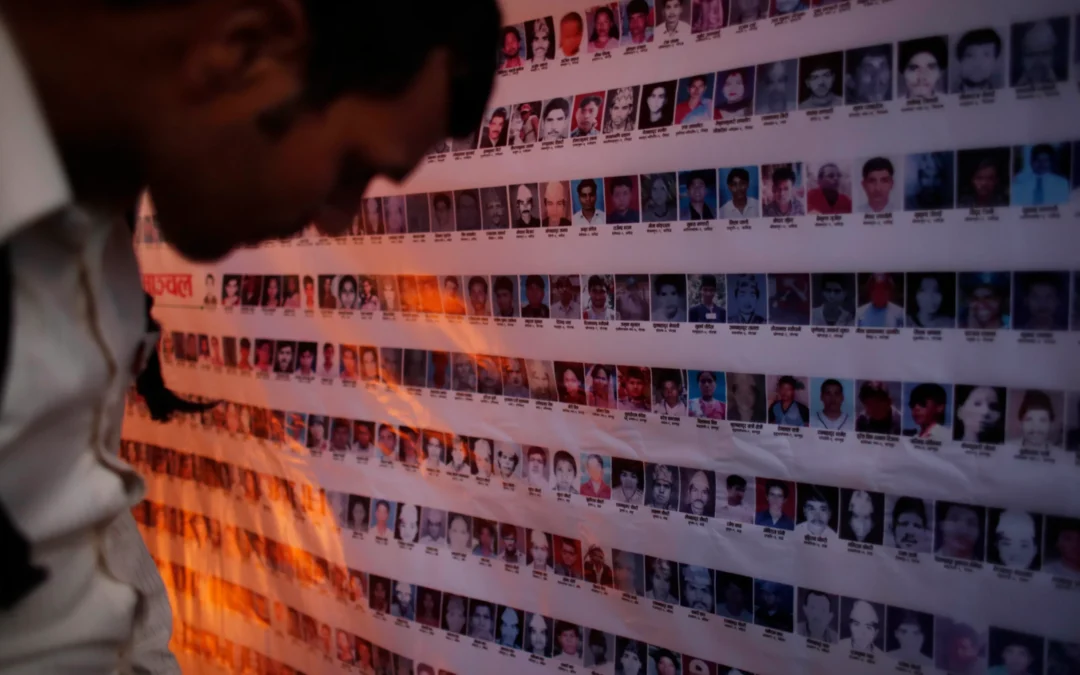
Oct 24, 2022 | News
(New York) – Nepal’s next government should prioritize amending and passing a transitional justice law that addresses the needs of victims who have waited over 16 years for truth and accountability, Amnesty International, Human Rights Watch, and the International Commission of Jurists (ICJ) said today. The law should meet all domestic and international legal obligations.
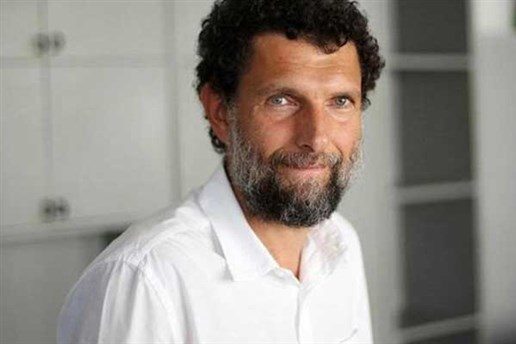
Dec 3, 2021 | News
The Council of Europe’s Committee of Ministers decision notifying Turkey it will start infringement proceedings over its failure to comply with the European Court of Human Rights’ (ECtHR) order to free the jailed human rights defender Osman Kavala is a welcome step, Human Rights Watch, the International Commission of Jurists, and the Turkey Litigation Support Project said today.
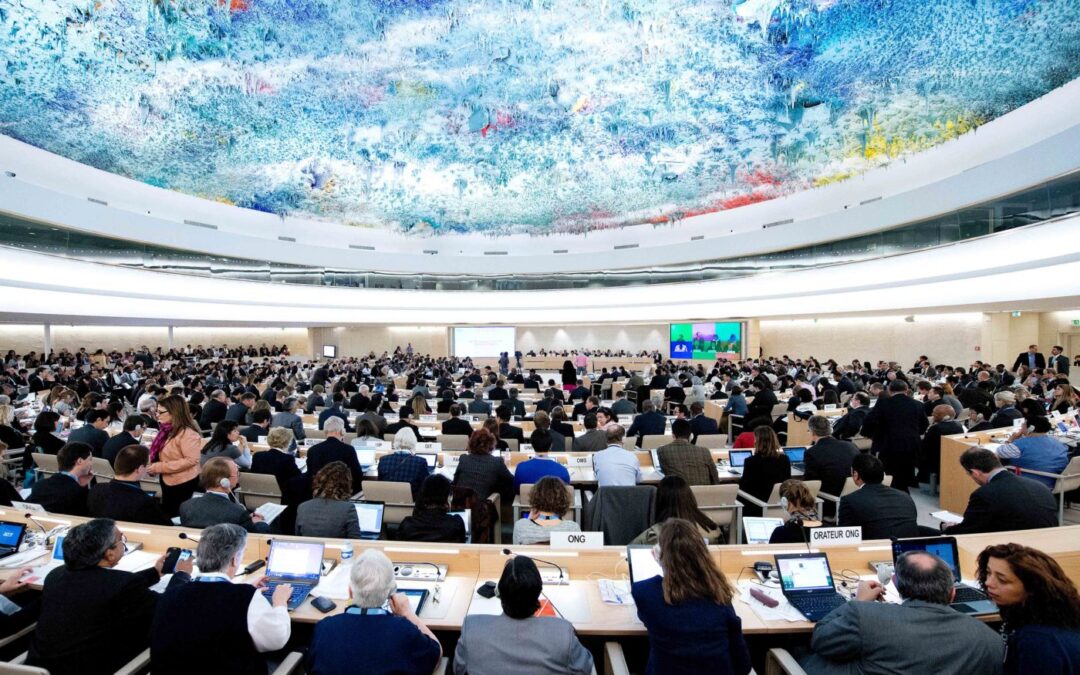
Sep 9, 2021 | Advocacy, Non-legal submissions
The ICJ, together with 54 civil society organisations, launched today an appeal to call on UN Member States to establish an independnet investigative mechanism on Afghanistan.









